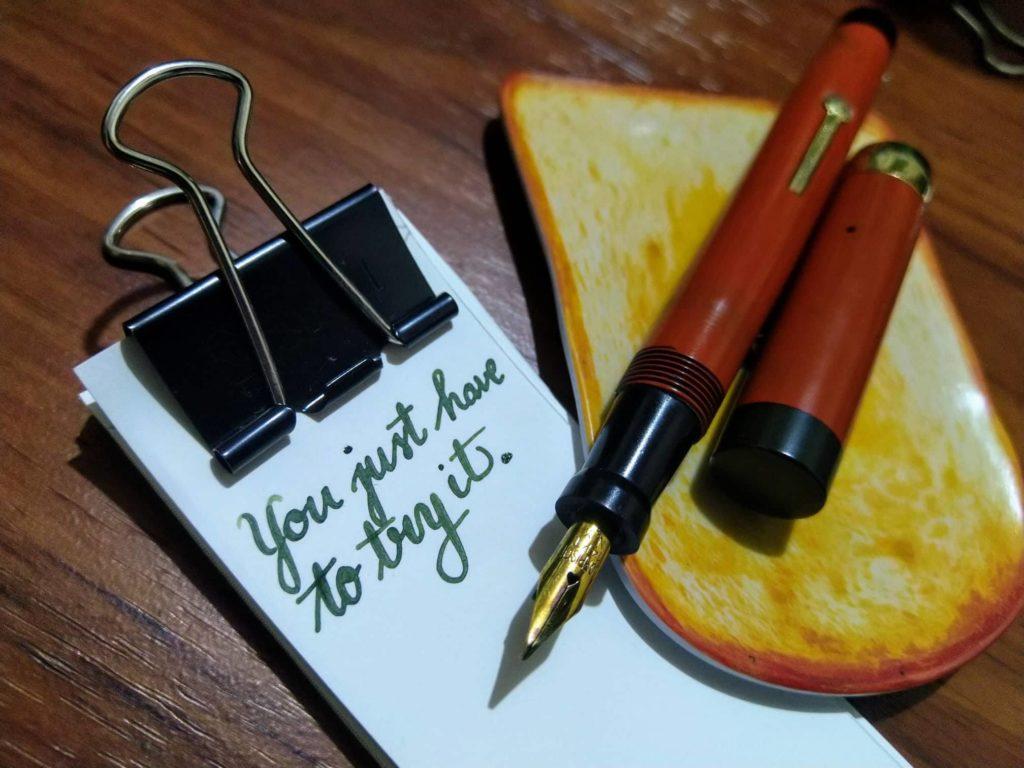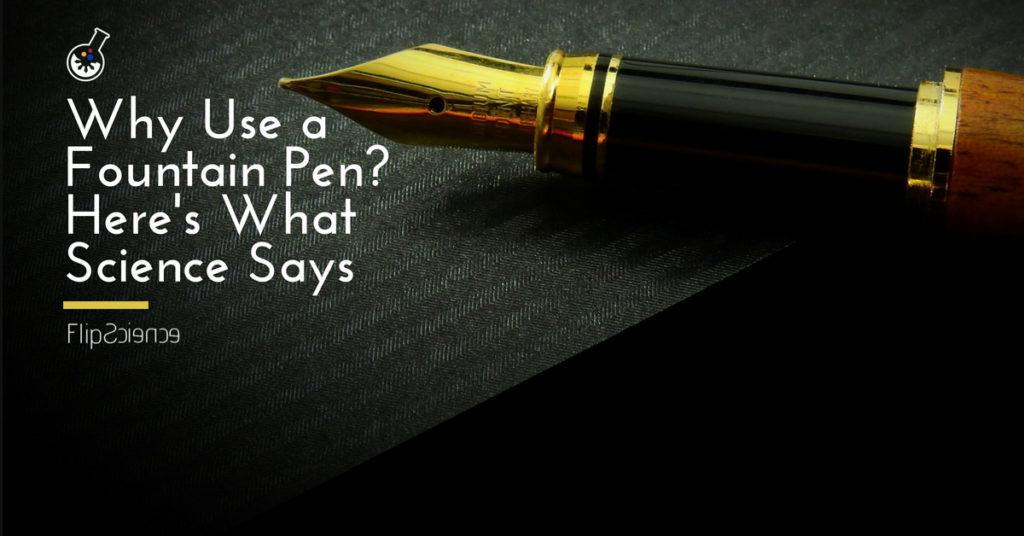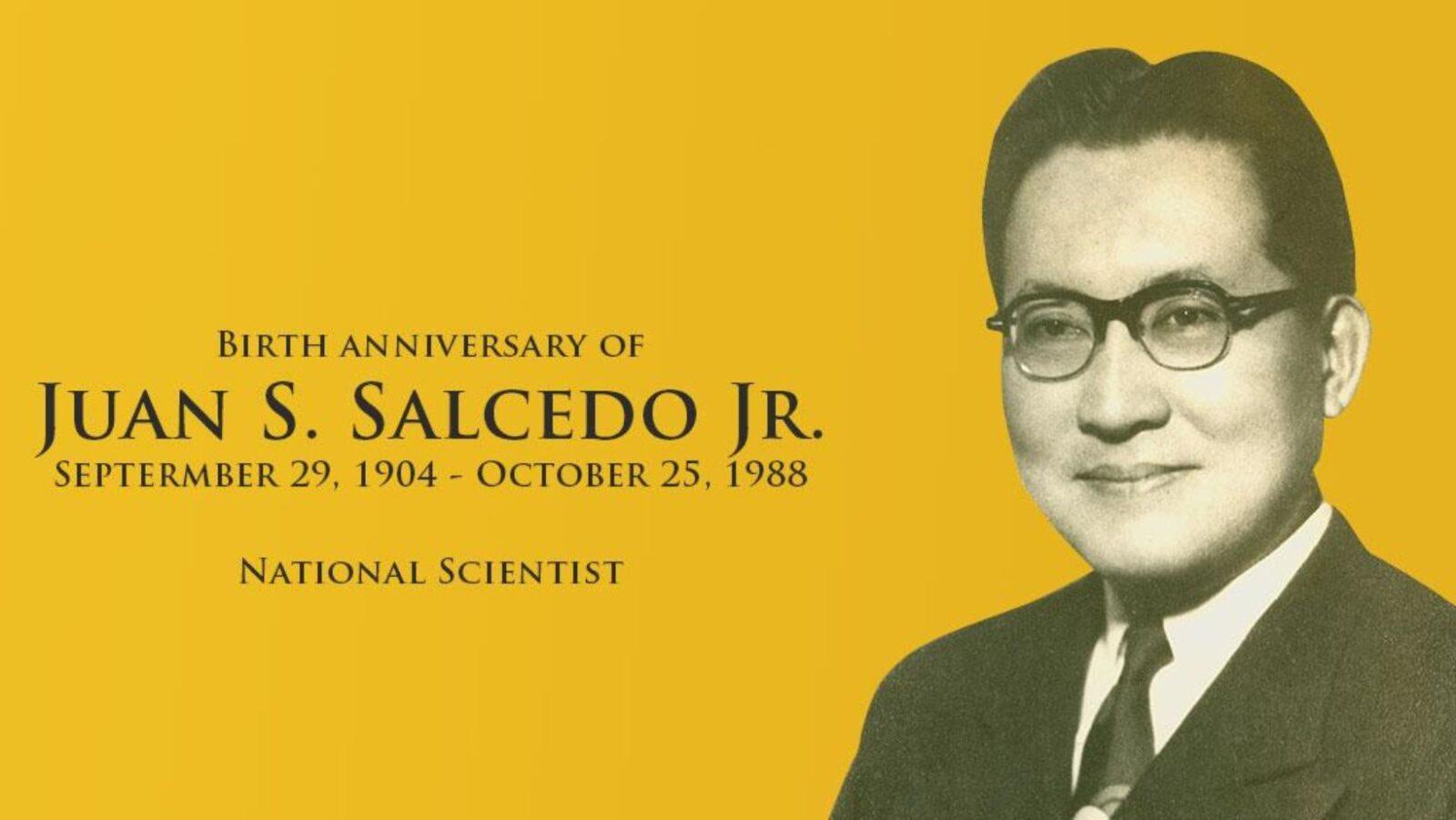While technology enables us to ditch lead and ink for keyboards, there has been a renewed interest in fine writing materials. Descending from the quill (featured heavily in Jose Rizal illustrations and movies), the ballpen’s ancestor, the fountain pen, is alive and kicking (or leaking) in the digital age.
Often regarded as a luxury item, the fountain pen can actually be a workhorse. You don’t need to get big name brands as your first pen (but if you can afford it, then by all means, splurge), with a variety of high-quality entry level writers available in the market.
Also, using fountain pens regularly can be a good thing. Here are a few science-backed reasons.
#1. Fountain pens reduce your waste production.
Look at your desk right now and check how many pens are there. How many are still useable?
According to the Environmental Protection Agency (EPA), people throw away 1.6 billion disposable pens every year. Typically, when a pen dries out (or runs out of ink), it ends up in the trash or stashed elsewhere, forgotten. Sure, there are refills for your pen, but they also come in plastics, and we know they tend to stick around way longer than they’re needed.
True, you can get dozens of ballpoint pens for the price of a fountain pen and a bottle of ink. However, that also reflects the number of pens that you won’t have to throw away once you’re done. Fountain pens are refillable through converters, and cartridges can actually be reused through a syringe. Some fountain pens also have bigger ink capacities with piston fillers and eyedroppers. This refillability, paired with their durable build, is the reason why some of these fountain pens remain useable, even after decades.
Also, investing in a fountain pen makes you take care of your writing instrument. As if losing an expensive ballpen or sign pen weren’t painful enough, imagine misplacing a fountain pen…
#2. Handwriting is less stressful with a fountain pen
If you’ve only ever used ballpoint pens, your first scribble with a fountain pen should be a surprise. There is no need to press down hard to make a mark as the nib glides on paper, easily leaving ink on the surface. In other words, there is no need to use much force from your hand.
“The pen is light for the hand because the secret is in the nib and the capillary action,” said aspiring neurologist and fountain pen collector Dr. Erold Beronio. “The ink for the fountain pens being water-based compared to oil-based ballpoint inks is also a factor.”
Beronio said that he also has significantly less calluses on his hand now compared to his ballpoint-using days. Unsurprisingly, the fountain pen is the tool of choice for those who must write for extended periods. There is less strain on the wrist due to reduced pressure on the other end of the pen. Some bar exam takers opt to use fountain pens because of the amount of handwriting they have to do.
But why write with your hand in the first place? That’s because:
#3. Studies show you remember things better when you write them by hand.
Writing by hand is not just a classic method of note-taking, it is also much more effective, according to Pam Mueller and Daniel Oppenheimer. While typists do get to copy more information, those who wrote by hand retained and understood more information. That’s important, not just in taking down notes from lectures, but also when making reviewers for exams. In this case, any pen works, but a fountain pen can make the writing experience much less tiring. Besides, facing paper means less time in front of the screen.
Honestly, though, you don’t really need a scientific reason to try a fountain pen.

–MF
Cover photo: Pexels.com
References:
- https://www.nytimes.com/1988/09/23/us/epa-sets-strategy-to-end-staggering-garbage-crisis.html
- https://water.usgs.gov/edu/capillaryaction.html
- https://www.jetpens.com/blog/how-to-use-a-fountain-pen-converter/pt/479
- https://www.jetpens.com/blog/how-to-refill-an-ink-cartridge-using-a-syringe/pt/953
- https://www.nibs.com/content/filling-systems
- http://journals.sagepub.com/doi/abs/10.1177/0956797614524581
Author: Ronin Bautista
Ronin is a Christmas-loving wandering scribe who wanted to be a doctor, until he learned it meant cutting dead bodies open. He is currently finishing his MA in Asian Studies (major in Japanese Studies), while teaching journalism classes at UP Diliman’s College of Mass Communication.







